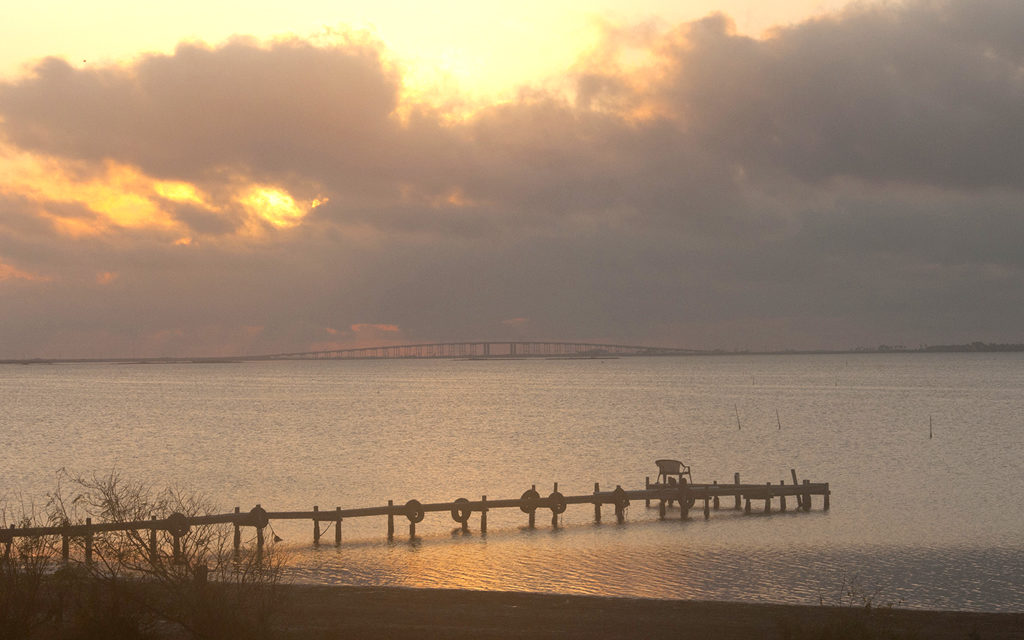by John Jefferson
Just as the calm that often occurs as the eye of a hurricane passes overhead is misleading, don’t let the warmer weather since last week’s frigid temperatures make you think winter is over. That’s fake news. It’s not even mid-January; we still have a lot of winter yet to slug through. It will get cold again.
Maybe it won’t get as cold as last week. We can hope. But Texas has even had freezes in March.
How cold was it? Well, cold enough for Texas Parks and Wildlife Dept. (TPWD) to close fishing on the coast. Not all up and down the coast; not even in every county. Just in parts of nine counties, out of the 15 that touch the coast.
TPWD did that because freezing weather can cause fish to be severely depleted in two ways. Fish, although cold-blooded, can freeze to death. My aunt, living on Offatt’s Bayou in Galveston, tells of seeing guys walking away from the bayou after a bone – rattling freeze in the 1950s carrying frozen trout over their shoulders like rifles.
The other way is man-caused. Trout and other game fish seek deep water during extreme cold since it is a little warmer. Congregating in places like Army Hole near Port O’Conner, fish become sluggish and prone to capture, like the ones my aunt saw. Greedy fishermen can just scoop them up.
“The high mortality that a freeze can cause may deplete fish stocks for years,” said Robin Riechers, TPWD’s Coastal Fisheries director. “Protection of the surviving fish … would likely shorten overall recovery of coastal species, especially sea trout.” In 1989, 11 million fish were killed. It took years for fishing to rebound.
Lance Robinson, deputy director of Coastal Fisheries, said, “The goal wasn’t to shut down all areas, but to protect the trout population in deeper areas. Freezes in ’83 and ’89 were killers.”
Robinson added that it was too soon to know how many fish were killed last week. “It takes time,” he said. “The cold weather earlier in December sent fish to the deeper water before the freezing weather hit the coast. That helped. Sudden freezes are worse.”
Early reports from the Rockport and Port O’Connor indicate about 1,000 dead fish — including tarpon and red snappers. “But it’s in the hundreds, not millions, like earlier years,” Robinson injected.
Not only fish were affected. Robinson said over a thousand green sea turtles, stunned by the cold, washed up on beaches. TPWD volunteers and others took them to hatcheries to warm up. He also praised the barge owners for cooperating on the Intercoastal Waterway. They suspended traffic from the Land Cut to Brownsville.
When asked how TPWD reacted so quickly on a holiday, closing fishing from 6 a.m. Jan. 2 until 10 a.m. Jan. 3, he replied, “We were watching the temperature and pulled the trigger in time. Lots of conference calls from Sat. on.”
What a way to spend a holiday! Thanks, Y’all!
JJ





